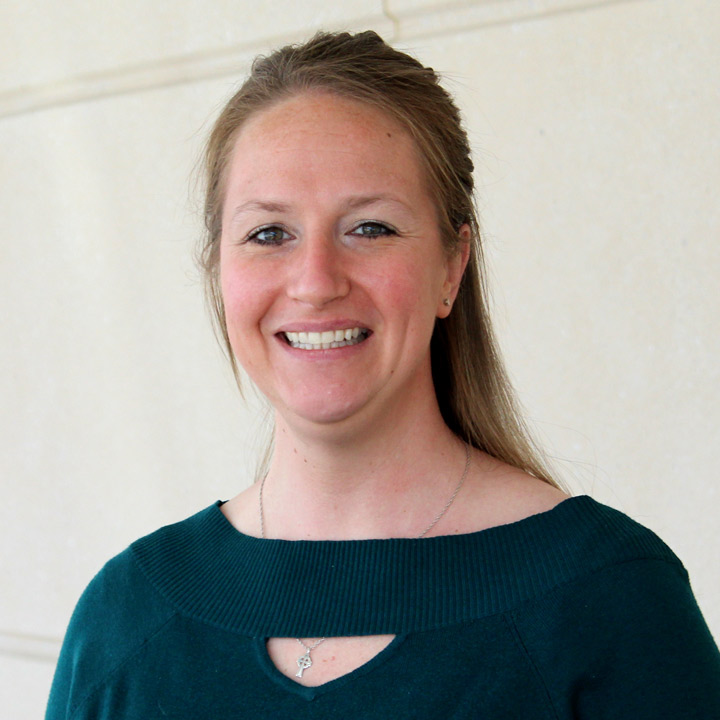Adolescents & Substance Use: Using Our Knowledge and Their Strengths to Find Recovery
for professionals in psychology, behavioral health, social work, and Nebraska licensed alcohol and drug counselors
Presented by Drs. Kenneth Zoucha, Varun Sharma, and Tianqi Luo, and Laura Schutte-Lundy
Videos
The videos below include Part 1 and 2 of the training on “Adolescents and Substance Use: Using Our Knowledge and Their Strengths to Find Recovery.”
Part 1:
Adolescents and Substance Use: Using Our Knowledge and Their Strengths to Find Recovery
(Drs. Ken Zoucha, Varun Sharma, and Tianqi Luo)
Part 2:
Adolescents and Substance Use: Using Our Knowledge and Their Strengths to Find Recovery
(Dr. Ken Zoucha and Laura Schutte-Lundy)
Research has indisputably shown us that development of the prefrontal cortex area of the brain continues until the mid-twenties. The fact that nine out of ten people with a substance use disorder started to use substances before the age of 18 makes this information even more important. We will discuss important aspects of adolescent brain development as it relates to the impact that the use of substances can have on development.
As providers of care for youth, it helps to understand the prevalence and trends of substance use among adolescents and young adults (AYA). While use of most substances is decreasing in AYA over time, there continues to be a disturbing number of teens using alcohol, nicotine, and other drugs.
While our knowledge of adolescent neurobiology has blossomed, it is important to remember that substance use has far-reaching health and social consequences. Addiction impacts normal functioning in the family, among peers, in school and the workplace, and the broader community.
Because substance use and substance use disorders impact so many aspects of a person’s life, treatment is not simple. Effective treatment addresses many components of life, and to be effective, an individual treatment plan addresses particular aspects of the illness and its consequences. It is important that substance use disorders are seen as a chronic disease process that requires ongoing care to be effective. Resiliency factors will also be addressed.
This training will address epidemiology, neurobiology, effective screening and assessment, and evidence-based treatment.
- Understand the neurobiological difference of adolescents and how substance use impacts that development.
- Identify evidence-based screening, assessment, and treatment strategies for adolescents with substance use disorders.
- Consider the impact that co-occurring psychiatric disorders can have in youth with substance use disorders.
- Identify language and stigma as a barrier for substance use disorder assessment and treatment.
Date Presented: Fri., Dec. 9, 2022, 8am – 12pm CDT
Date Training Expires: December 9, 2024
Supporting Material
No additional materials available
About the Speakers

Dr. Kenneth Zoucha
MD
Dr. Kenneth Zoucha (he/him/his) is recognized for his work in addiction medicine for the State of Nebraska and serves as Director of Addiction Medicine for the Department of Psychiatry at UNMC. He also holds a courtesy appointment with the Pediatrics Department. Board certified in Pediatrics and Addiction Medicine, Dr. Zoucha has extensive experience that includes his 20-year career as a general pediatrician in Nebraska and 10 years specializing in the treatment of substance use disorders in adolescents. In addition to his expertise in treatment of adolescents and young adults, he also has a special interest in the treatment of pregnant women with substance use disorders, babies with neonatal abstinence syndrome and their families.

Dr. Varun Sharma
MD
Dr. Varun Sharma (he/him/his) is an assistant professor in the University of Nebraska Medical Center (UNMC) Department of Psychiatry. He completed a general psychiatry residency at the State University of New York (SUNY Downstate) in Brooklyn, NY. He also did a one-year fellowship in Psychoanalysis from Psychoanalytic Association of New York, NYU Department of Psychiatry, followed by a Fellowship in Child and Adolescent Psychiatry from University of Pennsylvania, Children’s Hospital of Philadelphia. Dr. Sharma works as an outpatient child and adolescent psychiatrist in our clinic at Poynter Hall. He also sees adolescent patients at Charles Drew Health Center and Douglas County Youth Center. His professional interests include care for under-resourced populations. He specializes in the treatment of mental health and substance use disorders in adolescents. He is board certified in adult psychiatry, child, and adolescent psychiatry and addiction medicine.

Dr. Tianqi Luo
DO
Dr. Tianqi (Nina) Luo (she/her) is a second-year general psychiatry resident at the University of Nebraska Medical Center. She graduated from Chicago College of Osteopathic Medicine in 2021. She has been working with Laura Schutte-Lundy in providing psychotherapy for an adolescent with substance use disorder. She has an interest in substance use disorders in children and adolescents and plans on applying to child and adolescent psychiatry fellowship in 2023.

Laura Schutte-Lundy
MA, LIMHP, CPC LADC
Laura Schutte-Lundy (she/her) has worked in Omaha since 2013 as a therapist. Starting in 2013, she had worked at a residential treatment facility where she worked with at-risk youth with co-occurring diagnoses. She worked as an intensive outpatient and outpatient therapist within the community treating adults with co-occurring diagnoses. Laura transitioned to Nebraska Medicine in 2019 as a Psychiatric Behavioral Health Therapist in the Child Outpatient department. She provides treatment for adolescents with anxiety, depression, behavioral issues, substance use, and LGBTQIA youth/families by using behavioral interventions.
Laura is the co-chair of the Psychiatry Diversity, Equity, and Inclusion (DEI) committee, and is the volunteer/social coordinator, active member for the LGBTQIA committee.
These trainings were funded in whole or in part by funds from the SAMHSA Community Mental Health Block Grant, SAMHSA Substance Abuse Prevention and Treatment Block Grant and state funds sub-granted from the Nebraska Department of Health and Services, Division of Behavioral Health.


